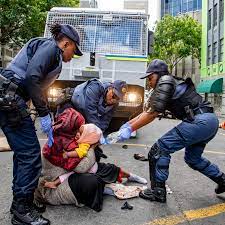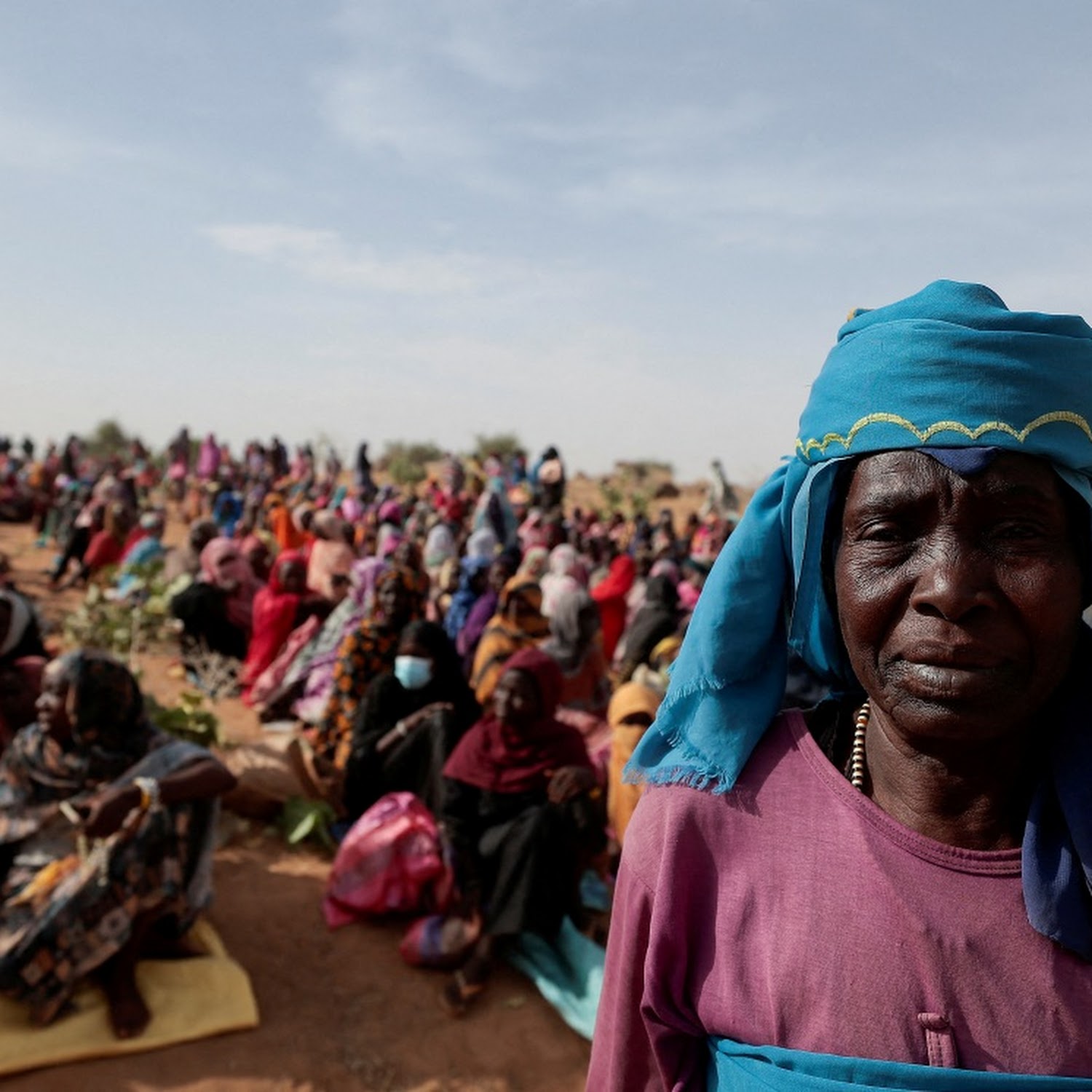Syria’s Fragile Freedom: Refugees Deserve Safety, Not
Premature Repatriation
On December 8, 2024, Syria erupted in celebration as the
Assad family’s five-decade rule ended, marking the culmination of 13 years of
revolution. For many Syrians, this moment represented a long-awaited dream of
freedom. However, declaring Syria “safe” for refugees to return prematurely
overlooks ongoing dangers, violating international principles like
non-refoulement, which protect refugees from being forcibly sent back to unsafe
conditions.
While the dictator is gone, instability persists. Armed
groups, including Hayat Tahrir al-Sham in the northwest and the Syrian
Democratic Forces in the northeast, continue vying for control. Localized
violence and clashes displace hundreds of thousands, with over 1.1 million
newly displaced in late 2024 alone. In such a volatile environment, any
assertion that Syria is safe contradicts UNHCR guidelines, which state that
conditions for refugee returns must be “fundamental and durable.”
European nations such as the UK, Germany, Austria, and
France have begun labeling Syria as “safe” to justify halting asylum
applications and enforcing returns. This approach ignores the complex realities
on the ground and risks violating obligations under the Refugee Convention.
Refugees deserve individual assessments of their cases, not blanket assumptions
based on political expediency.
For Syrians, the prospect of returning evokes both hope and
fear. The desire to reconnect with their homeland is tempered by the reality of
ongoing insecurity. Many have rebuilt their lives abroad, contributing
meaningfully to host countries. For instance, in Germany, nearly a million
Syrians have integrated into society, with over 200,000 children attending
schools and thousands contributing to the economy. Policies enforcing mass
returns jeopardize these achievements and perpetuate harmful stereotypes about
refugees.
Rebuilding Syria requires international support, stability,
and security-factors still absent. Forcing premature returns risks creating new
cycles of displacement and undermining recovery efforts. Host nations must
balance supporting refugees who wish to return voluntarily with ensuring the
rights and safety of those who cannot.
The international community bears a unique responsibility to
prioritize safety, voluntariness, and sustainability over populist rhetoric.
Syrians dream of a homeland where justice and peace prevail, but until that
becomes a reality, the world must stand with them. Refugees are not burdens but
survivors and contributors, deserving dignity and respect.
Syria’s liberation is a milestone, but safety remains elusive. Prematurely declaring it safe not only endangers lives but also betrays the very principles of humanity and justice. The question is not just whether Syria is free but whether it is truly safe - a question with profound implications for millions of lives.







.jpg)